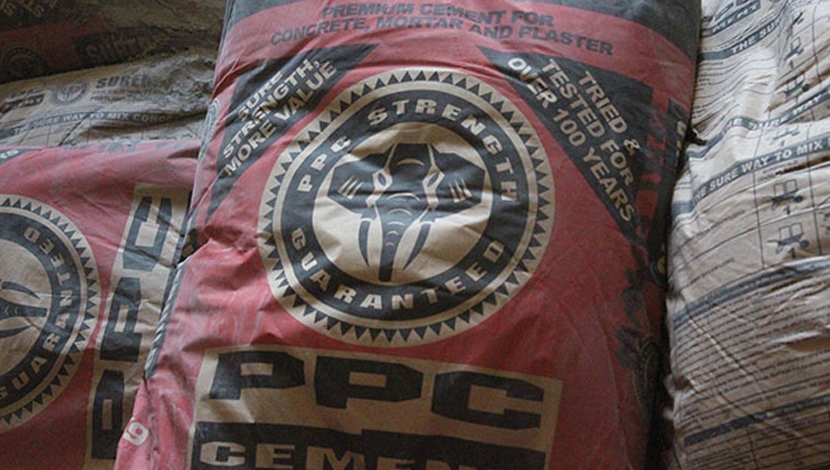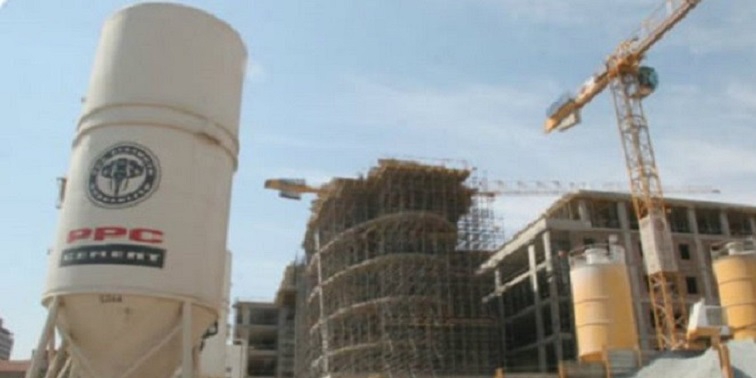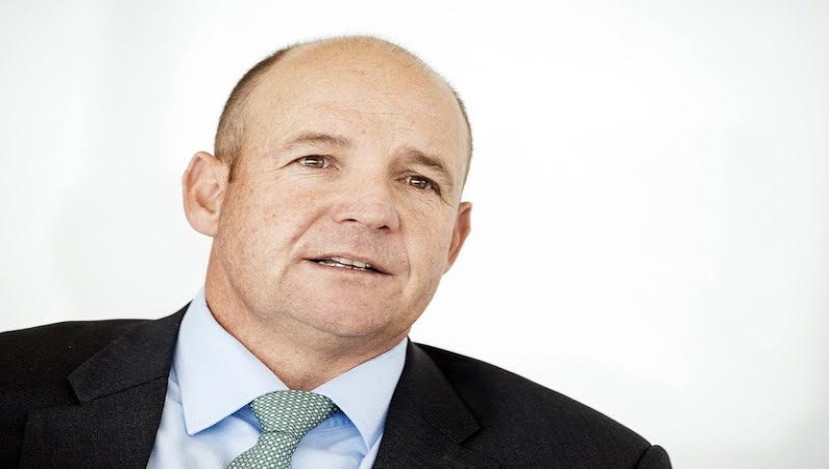
![PPC - [http://hesc.co.za/wp-content/uploads/2014/06/PPC-GH-Transport_June-2014_201.jpg]](https://concretetrends.dmgeventslive.com/wp-content/uploads/2016/12/994c003819835918df9a6cd4232e3ccb.jpg)
PPC Ltd., South Africa’s biggest cement maker, is gearing up for a watershed year the CEO Darryll Castle said will determine the company’s future after the share price almost halved in 2016.
“The impending start of production at plants in the DRC and Ethiopia will help transform PPC into a sub-Saharan African producer and it’s crucial they run smoothly and efficiently,” Castle said last week.
The company needs to rebuild credibility with investors after it was forced to raise R4 billion in a rights offer earlier this year to service debt.
“Everything that PPC’s done over the last five, seven years is culminating now,” Castle said. “Everything about the future of the company is about what we do in the next year to year-and-a-half.”
PPC is seeking to move on from a tumultuous year in which it negotiated a costly R2 billion bank guarantee and held a rights offer after S&P Global Ratings cut its credit rating to junk, triggering early redemptions by bondholders and raising liquidity concerns. The company’s debt had more than doubled over three years as it poured money into the new African projects while battling competition, slowing economic growth and falling prices in its home market.
Castle was appointed CEO in January 2015 to replace Ketso Gordhan, who resigned after a fallout with other executives that led to an eventual shake-up of the board. The new plants, which also include operations in Zimbabwe and Rwanda, are a legacy from the previous management.
The company is also investing in a project in South Africa, a market that Castle said would benefit from consolidation because there are too many producers for its size.
PPC and local rival AfriSam revived merger discussions after walking away from a tie-up in early 2015, people familiar with the matter said last month.
PPC reduced debt to earnings before interest, taxes, depreciation and amortization to 2.6 times from 3.8 times after the fundraising, the company said last month. It’s busy considering options to restructure about R2 billion in borrowings that mature in about a year’s time, Castle said.
“The next year or two is about delivering these projects that we have, and proving to the world, to ourselves, to our board, to shareholders, that we can deliver these businesses in tough environments,’’ he said. “It’s only once we’ve proved that to ourselves and to other people that we start thinking more expansively again.’’
The African cement industry is also grappling with excess capacity as economies falter and after producers including Dangote Cement Plc, the continent’s largest, expanded rapidly to take advantage of government infrastructure spending.





